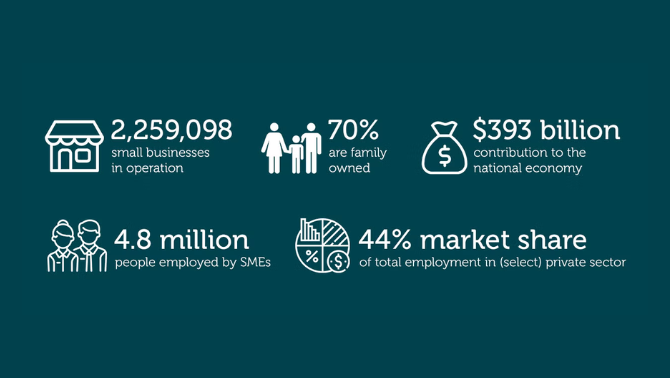
Small businesses make a grand contribution
19 June 2019
International SME day on 27 June recognises the contribution smaller businesses make to Australia’s economic, cultural and commercial health.
Related stories
Travel Policy
|
5 min read
We are CT
|
3 min read
Travel Tips
|
5 min read
